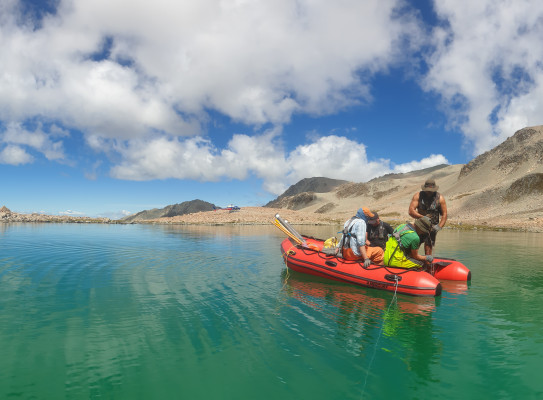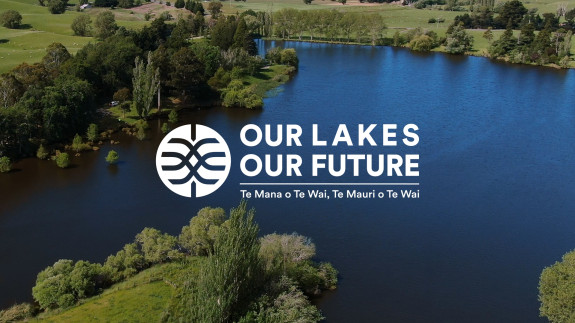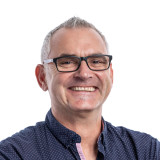Our Lakes, Our Future – enhancing lake health in Aotearoa

Our lakes are in crisis due to climate change and other human impacts, with approximately 45% having a water quality index of ‘poor’ or worse.
We are developing world-leading holistic approaches for characterising lake health, assessing their vulnerability to degradation and climate change, and enhancing lake restoration, to ensure our lakes are protected now and into the future.

Lakes in Aotearoa New Zealand are threatened by multiple stressors including nutrient and sediment run-off, water level fluctuations, invasive species and climate change.
Our Lakes, Our Future(external link) is a collaborative five-year project co-led by the Cawthron Institute and GNS Science, with the team comprising over 40 national and international researchers and cultural experts passionate about protecting and revitalising the health of lakes in Aotearoa.
Research aims
Holistic lake health
We are developing comprehensive approaches to measuring lake health that incorporate cultural values and biodiversity.
- We are developing environmental DNA methods to detect native and non-native species and to characterise biodiversity. These techniques will be applied to sediment core samples to explore how biodiversity has changed over the last 500-1000 years.
- In partnership with four iwi we are collectively developing and/or reviewing iwi-specific cultural assessment models. These will be applied to specific roto within each rohe.
- Data from stable isotopes and environmental DNA is being combined to assess the health and stability of food webs. Resilience will be explored by applying environmental DNA techniques to sediment core samples to determine how much lakes have changed compared to the natural conditions.
Susceptibility & diagnostic assessment
We are developing a new approach to help lake managers diagnose declining lake health, exploring extreme weather impacts and for predicting when change is about to occur.
- By evaluating historical shifts in bacterial and other microbial communities and chemical parameters we are developing new tools to predict future change. Key communities present immediately before critical shifts will be identified and their ability to predict upcoming change assessed.
- The impacts of storms and droughts are being explored using sediment cores and high-frequency monitoring data. We will investigate the impacts of severe events, like cyclones Bola and Gabrielle, and study the impact on lake communities.
- We are determining how likely a lake is to experience enrichment from nutrients in the sediment. We are analysing data from a large national database and undertaking experiments in selected lakes.
Lake restoration framework
We are developing a framework to evaluate which restoration methods best suit individual lakes and ensure efficient use of limited resources.
- We will review Aotearoa New Zealand’s lake restoration history and explore how decisions by communities, iwi, resource managers, and policy interventions at central and local government levels, impact the success of lake restoration projects.
- We will develop a consistent and flexible framework for screening and selecting lake restoration methods.
- We will use environmental DNA from sediment cores to determine which species have been lost from a lake, and in what order. We will use this information to guide decisions on which species should be introduced back and in what order.
Funding and collaborators
Our Lakes, Our Future is funded $11,495,805 by the Ministry of Business, Innovation and Employment 2023 Endeavour Fund.
The programme is co-lead by the Cawthron Institute and GNS Science, with iwi partners Manawhenua Ki Mohua, Ngāti Hauiti and Ngā Puna Rau o Rangitīkei, Te Arawa Lakes Trust and Ngāti Pāhauwera, research partners University of Waikato, Te Herenga Waka – Victoria University of Wellington, University of Otago, and stakeholders from regional and central government.
International partners include Griffith University, Northern Arizona University, Queen's University, Wright State University, UK Centre for Ecology & Hydrology, University of Canberra, Wageningen University and Research.
